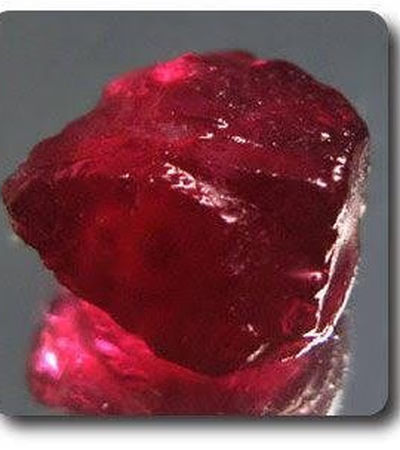Tanzania"s crop sector is experiencing a unique shift as the relative decline in cereal yields from 1828. 3 kg per hectare in 2020 to 1593. 1 kg in 2022 highlights a significant challenge amid rising global food demands. This decline occurs against a backdrop of increasing rural population figures from 39. 49 million in 2020 to 40. 97 million in 2022, emphasizing pressure on both land and resources. However, opportunities arise as imports of agricultural raw materials, once at 1. 71% of merchandise imports in 2020, have decreased to 1.
09% in 2022, suggesting a growing trend towards self-sufficiency. Tanzania"s agricultural exports have shown resilience, rising from 3. 30% to 3. 68% of merchandise exports over the same period, indicating a robust potential for growth in international markets. With the agriculture sector contributing 24. 26% to GDP in 2022, there is room for expansion, particularly in underdeveloped areas like industrial crops and medicinal plants. The livestock production index also increased notably, suggesting diversification opportunities in sectors such as poultry and fishery products. Globally, Tanzania"s agricultural growth contrasts with its regional counterparts, where crop yields and export percentages are more stable.
This disparity presents a dual challenge: the need to increase productivity while maintaining market competitiveness globally. Strategic investments in technology and sustainable practices could reverse the yield decline and bolster international trade positions. For businesses looking to navigate Tanzania"s crop market, Aritral. com offers a streamlined solution. As an AI-driven B2B platform, Aritral simplifies international trade in commodities and raw materials, playing a crucial role in connecting businesses with potential partners. With services like Product Listing, Direct Communication, and AI-Powered Marketing, Aritral empowers businesses to enhance their global sales reach efficiently. By leveraging such platforms, Tanzanian suppliers can capitalize on the current trends and expand their market presence effectively.
-
 Fredericus Lutinwa 18 aý ozal
Fredericus Lutinwa 18 aý ozal Tanzaniýa
Gyzyl rubby, Tanzanit, Almaz, Göwher gök, Gyzyl merkuri. Agaj/gyzyl agaj. Şekerbeýni, arap kofesi & Robusta, vanil
Tanzaniýa
Gyzyl rubby, Tanzanit, Almaz, Göwher gök, Gyzyl merkuri. Agaj/gyzyl agaj. Şekerbeýni, arap kofesi & Robusta, vanil
Pul we alyp gitmekAýdyňlyk

